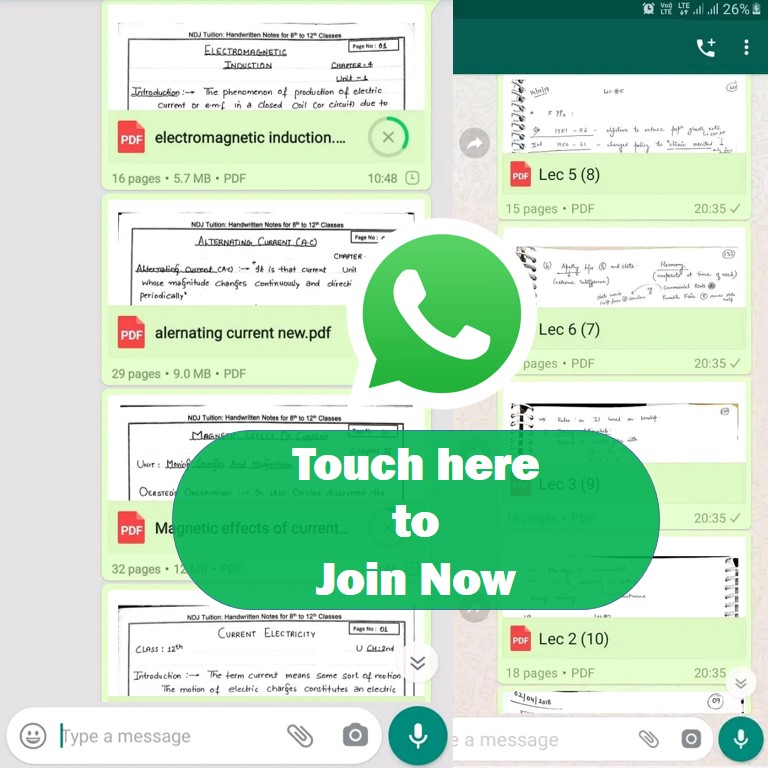[KVS PRT Syllabus*] Detailed Syllabus & Exam Pattern of KVS PRT 2023 Exam | PDF
केन्द्रीय विद्यालय प्राइमरी टीचर सिलेबस & परीक्षा पैटर्न, Kendriya Vidhyalaya Sangthan (KVS) PRT Full Syllabus in Hindi PDF
Downloadpdfnotes provides you important notes of KVS PRT Teacher Bharti Exam Syllabus and Exam Pattern in Hindi and English with Study material. You can get here full information about KVS PRT Form, Admit Card, Exam Date and Result.
Selection Process of KVS PRT Syllabus
- I. Written Exam
- II. Personal Interview
- III. Document Verification.
KVS PRT Exam Pattern
KVS Exam KVS Subjects Number of Questions Total Marks
PART- I
General English 10 10
General Hindi 10 10
PART-II
General Awareness & Current Affairs 10 10
Reasoning Ability 5 5
Computer Literacy 5 5
PART-III
Perspectives on Education and Leadership 60 60
PART-IV
Subject Concerned 80 80
Total 180 180
Professional Competency Test | Demo Test (30 Marks), Interview (30 Marks) | 60 Marks
KVS PRT Syllabus (General paper)
TEST SUBJECTS Detailed Syllabus
KVS PRT Paper Part-I
General English
Error Correction, Sentence Rearrangement, Vocabulary, Verbs, Tenses, adjectives, modal, Voice, Subject-Verb Agreement, Reading Comprehension, Word Power, Articles, Narrations, Prepositions, Punctuation, Comprehension, Fill in the Blanks. Adverb, Antonyms, Synonyms, Idioms.
General Hindi
भाषा, संज्ञा, सर्वनाम एवं सर्वनाम, विशेषण, क्रिया, अव्यय, वचन, लिंग, उपसर्ग एवं प्रत्यय, वाक्य निर्माण, पर्यायवाची, विपरीपार्थक, अनेकार्थक, समानार्थी शब्द, विराम चिन्हों की पहचान एवं उपयोग, मुहावरे एवं लोकोक्तियाँ, अलंकार, सन्धि, तत्सम, तद्भव, देशज एवं विदेशी शब्द, समास,पठन कौशल, शब्द सामर्थ्य
KVS PRT Paper Part-II
General Knowledge and Current Affairs
पुरस्कार, किताबें और उनके लेखक, खेल, इतिहास- प्राचीन, मध्यकालीन और आधुनिक, भूगोल, करंट अफेयर्स, राजनीति, जनसंख्या जनगणना, भारतीय कला और संस्कृति, संगीत।
Reasoning Ability
मिरर इमेज, डायरेक्शन, पजल्स, और सीटिंग अरेंजमेंट, न्यायवाक्य, डेटा पर्याप्तता, कोडिंग-डिकोडिंग, रक्त संबंध, क्रम और रैंकिंग, अल्फा न्यूमेरिक सिंबल सीरीज़, लॉजिकल रीजनिंग
Computer Literacy
संकेताक्षर, बुनियादी कंप्यूटर शब्दावली और शॉर्टकट, वेब प्रौद्योगिकी, डेटाबेस प्रबंधन प्रणाली, ब्राउज़र और खोज इंजन, इंटरनेट, सोशल नेटवर्किंग की सामान्य अवधारणा, कंप्यूटर मेमोरी या स्टोरेज डिवाइस, कंप्यूटर सॉफ्टवेयर और हार्डवेयर, कंप्यूटर का इतिहास और मूल्यांकन, पीढ़ी और प्रकार कंप्यूटर, ऑपरेटिंग सिस्टम
KVS PRT Paper Part -III
शिक्षा और नेतृत्व पर दृष्टिकोण (Perspectives on Education and Leadership)
शिक्षार्थी को समझना (Understanding the Learner)
1. Concept of growth, principles and debates of development, maturation and development, development tasks and challenges
2. Domains of Development: Physical, Socio-emotional, Moral, Cognitive, etc., deviations in development and its implications.
3. Understanding Adolescence: Needs, challenges and implications for designing institutional support.
4. Role of Primary and Secondary Socialization agencies. Ensuring Home school continuity.
टीचिंग लर्निंग को समझना (Understanding Teaching Learning)
Theoretical perspectives on Learning -Behaviorism, Cognitivist and Constructivism with special reference to their implications for:
1. The role of teacher
2. The role of learner
3. Nature of teacher-student relationship
4. Choice of teaching methods
5. Classroom environment
6. Understanding of discipline, power etc.
Factors affecting learning and their implications for:
1. Designing classroom instructions,
2. Planning student activities and,
3. Creating learning spaces in school.
Planning and Organization of Teaching-Learning
1. Concept of Syllabus and Curriculum, Overt and Hidden Curriculum
2. Foundational Literacy and Numeracy, Early Childhood Care and Education
3. Competency based Education, Experiential learning, etc.
4. Instructional Plans: -Year Plan, Unit Plan, Lesson Plan
5. Instructional material and resources
6. Information and Communication Technology (ICT) for teaching-learning
7. Assessment of learning, for learning and as learning: Meaning, purpose and considerations in planning each.
8. Enhancing Teaching Learning processes: Classroom Observation and Feedback, Reflections and Dialogues as a means of constructionist teaching
स्कूल संगठन और लीडर-हिप (School Organization and Leaders-hip)
1. Leader as reflective practitioner, team builder, initiator, coach and mentor.
2. Perspectives on School Leadership: instructional, distributed and transformative
3. Vision building, goal setting and creating a School development Plan
4. Using School Processes and forums for strengthening teaching learning-Annual Calendar, time-tabling, parent teacher forums, school assembly, teacher development forums, using achievement data for improving teaching —learning, School Self-Assessment and Improvement
5. Creating partnerships with community, industry and other neighboring schools and Higher Education Institutes — forming learning communities
अनुकूल शिक्षण वातावरण बनाना (Creating Conducive Learning Environment)
1. The concepts of Diversity, disability and Inclusion, implications of disability as social construct, types of disabilities-their identification and interventions
2. Concept of School Mental Health, addressing the curative, preventive and primitive dimensions of mental health for all students and staff. Provisioning for guidance and counseling.
3. Developing School and community as a learning resource.
शिक्षा में दृष्टिकोण (Perspectives in Education)
1. NEP-2020: Early Childhood Care and Education: The Foundation of Learning; Foundational Literacy and Numeracy; Curriculum and Pedagogy in Schools: Holistic & Integrated Learning; Equitable and Inclusive Education: Learning for All; Competency-based learning and Education.
2. Guiding Principles for Child Rights, Protecting and provisioning for rights of children to safe and secure school environment, Right of Children to free and Compulsory Education Act, 2009,
3. Historically studying the National Policies in education with special reference to school education;
4. School Curriculum Principles: Perspective, Learning and Knowledge, Curricular Areas, School Stages — Pedagogy & Assessment.
KVS PRT Paper Part – IV.
Subject Concerned
Note: To Apply last date: 26/12/22 | Apply Online: Click here
[KVS PRT Syllabus] Detailed Syllabus and Exam Pattern of KVS PRT 2023 Exam
👇
KVS PRT Exam Syllabus pdf
|
Click here |
KVS PRT Previoues Year Question Paper (Solved) pdf
|
Click here |
KVS PRT Free Mock Test
|
Click here |
All KVS PRT Exam Updates
|
Click here |
![[KVS PRT Syllabus*] Detailed Syllabus & Exam Pattern of KVS PRT 2023 Exam | PDF [KVS PRT Syllabus*] Detailed Syllabus & Exam Pattern of KVS PRT 2023 Exam | PDF](https://pbs.twimg.com/media/Fj9-VoVaYAAD3Oj?format=jpg)


0 Comments
Thanks for comment!